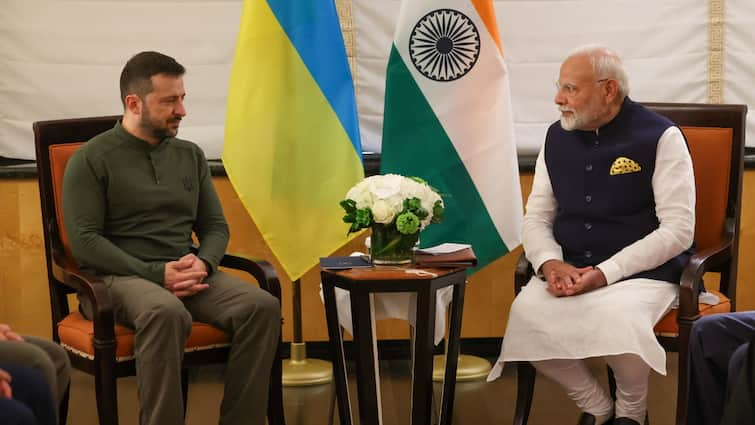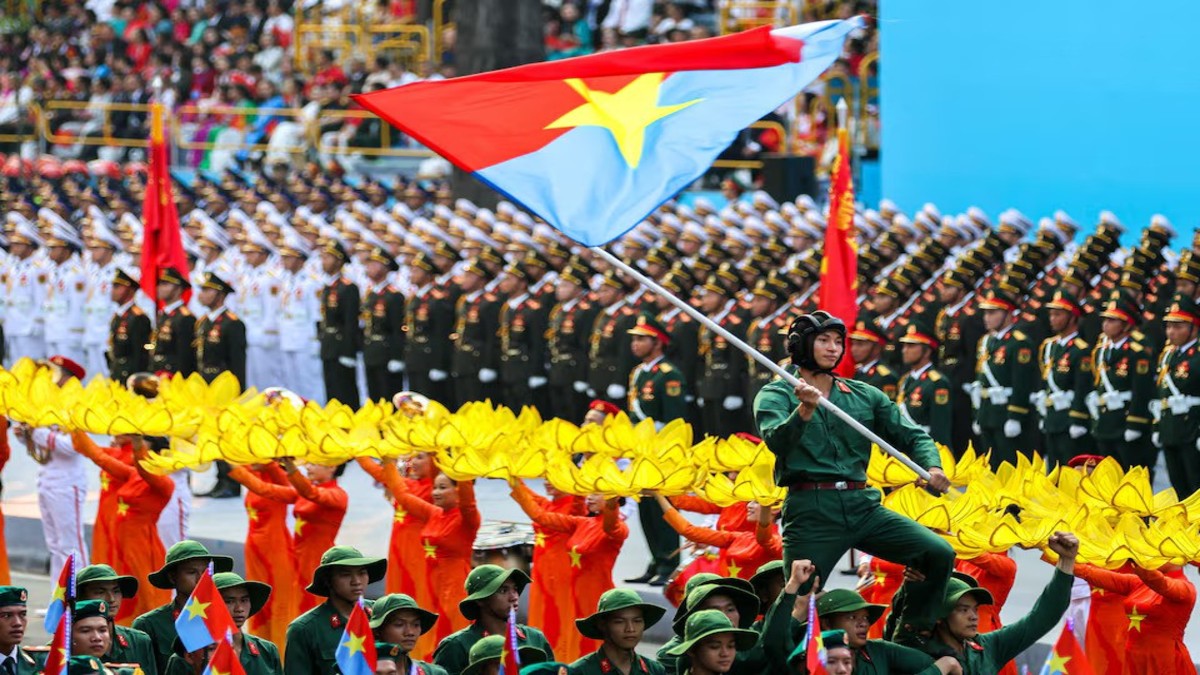Ukrainian President Volodymyr Zelensky has pushed back against US President Donald Trump’s claims that India is among the “primary funders” of Russia’s war in Ukraine. In a recent interview, Zelensky insisted that New Delhi is “mostly with Ukraine,” though he acknowledged challenges tied to its energy trade with Moscow.
ALSO READ: Jaishankar Meets US Ambassador-Designate Sergio Gor Att UNGA, Both Vow To Strengthen Bilateral Ties
Zelensky Bats For India, Stresses Closer Ties
Speaking to Fox News on the sidelines of the UN General Assembly in New York, Zelensky highlighted that while India continues to buy Russian oil, he believes it largely stands with Kyiv. “I think India is mostly with us. Yes, we have questions with energy, but I think President Trump can manage it,” he said.
He added that strengthening partnerships between Europe and India was crucial, warning that Ukraine and its allies “must do everything not to withdraw India” from supporting their cause. Zelensky expressed confidence that India would eventually shift its stance on Russian energy.
The Ukrainian leader also drew a sharp contrast between New Delhi and Beijing. “With China, it’s more difficult because, today, it’s not in their interests to stop supporting Russia,” Zelensky explained. He suggested that unlike India, persuading China to reduce its alignment with Moscow would be far tougher.
Trump Accuses India, China Of Funding The War
Zelensky’s remarks came hours after Trump lashed out at India and China in his address to the UN General Assembly. “China and India are the primary funders of the ongoing war by continuing to purchase Russian oil,” the US President declared.
Trump’s administration recently doubled down with additional tariffs, taking duties on Indian imports to 50 percent, one of the highest anywhere. Washington argues that New Delhi’s oil trade with Russia indirectly bankrolls the war, a stance India has dismissed as “unjustified and unreasonable.”
While Trump maintains pressure, Zelensky appears determined to keep India onside, portraying it as a partner that, despite differences, is “mostly with Ukraine.”


)
